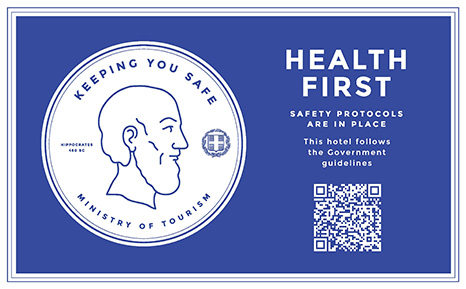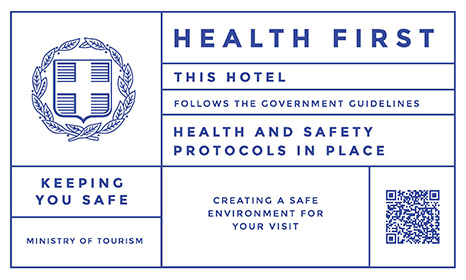Lesvos
What you need to know about Lesvos
Lesbos or Lesvosis a Greek island located in the northeastern Aegean Sea, often called Mytilene (Μυτιλήνη) in Greece, after its capital. It has an area of 1,633 km2 (631 sq mi)[ with 321 kilometres (199 miles) of coastline, making it the third largest island in Greece. It is separated from Turkey by the narrow Mytilini Strait and in late Palaeolithic/Mesolithic times was joined to the Anatolian mainland before the end of the Last Glacial Period
Lesbos is also the name of a regional unit of the North Aegean region, within which Lesbos island is one of five governing islands. The others are Chios, Ikaria, Lemnos, and Samos. The North Aegean region governs nine inhabited islands: Lesbos, Chios, Psara, Oinousses, Ikaria, Fournoi Korseon, Lemnos, Agios Efstratios and Samos. The capital of the North Aegean Region is Mytilene. The population of Lesbos, which sometimes is called the Island of the Poets, is approximately 100,000, a third of whom live in its capital, Mytilene, in the southeastern part of the island. The remaining population is distributed in small towns and villages. The largest are Plomari, Kalloni, the Gera Villages, Agiassos, Eresos, and Molyvos (the ancient Mythimna).
According to later Greek writers, Mytilene was founded in the 11th century BC by the family Penthilidae, who arrived from Thessaly and ruled the city-state until a popular revolt (590–580 BC) led by Pittacus of Mytilene ended their rule. In fact, the archaeological and linguistic record may indicate a late Iron Age arrival of Greek settlers although references in Late Bronze Age Hittite archives indicate a likely Greek presence then. The name Mytilene itself seems to be of Hittite origin. According to Homer's Iliad, Lesbos was part of the kingdom of Priam, which was based in Anatolia. Much work remains to be done to determine just what happened and when. In the Middle Ages, it was under Byzantine and then Genoese rule. Lesbos was conquered by the Ottoman Empire in 1462. The Ottomans then ruled the island until the First Balkan War in 1912, when it became part of the Kingdom of Greece.
The island is widely known as the home of the ancient Greek poet Sappho, from whose association with homosexuality the word lesbian derives its modern meaning. Lesbos is known to be one of the Greek island touristic hotspots, especially during its tourism season of April, May, June and July.





